Eco-production
Within the framework of municipal audiovisual policies, Sitges Film Office (SFO) has taken into account the evolution of contemporary audiovisual production and the sector’s needs, with the goal of guiding production companies in reducing the environmental impact of their shoots.
Recognizing that sustainability can drive a new model for managing filming in the municipality, a set of recommendations has been established to promote sustainable practices in production — in line with Sitges’ ongoing commitment to sustainability.

Reduce, reuse, recycle
Minimize your footprint by using only what’s essential and steering clear of disposable items. Set up water stations and provide reusable bottles for your team. Give a second life to sets, wardrobe, and props by reusing or donating them. Recycle whatever is recyclable.
Audiovisual content
Add ecological values to your audiovisual projects, reflecting responsible attitudes towards the environment through your characters: recycling, using reusable bottles, among other behaviours.
Locations (Spaces)
Use locations responsibly, taking into account environmental regulations. Place containers for the selective collection of waste generated during filming, managing them appropriately at the end. Make sure to leave the space in the same conditions as before. Maintain order and cleanliness at the end of filming and ensure compliance with the limits established by the municipal noise ordinance.
Energy and material consumption
Connect to the public grid whenever possible. Prioritise the use of Stage V generators, preferably those that run on natural gas and those under 10 kW that run on petrol. Promote the use of efficient lighting, such as LED or class A lamps, and use renewable energy and eco-friendly office materials, among others. Reduce the use of paper and printing, and optimise electronic means for work plans.
Minimal impact on the community
In case of coexisting with neighbours and businesses that may be potentially affected by filming, it is necessary to inform them in advance, as well as to minimize the environmental, noise and light pollution that may be generated. Promote a civic and courteous attitude among your team in daily practices.
Promoting the local economy and nearby suppliers
Promote local employment by hiring staff from the area whenever possible, including professionals from the audiovisual sector and suppliers of other services, equipment and vehicle rental, product procurement, among others. Establish agreements with specialised training centres and assess the socio-economic impact of the filming.
Local suppliers
Choose sustainable local suppliers and offer services and products with minimal or no environmental impact. Choose local and sustainable catering services that prioritise fresh products, avoiding individual packaging and promoting the purchase of local and seasonal products. Choose food and beverages from organic farming or fair trade.
Mobility and transport
Promote the use of public transport among participants in the filming. Try to reduce the distance between accommodation and the operational centres of the filming, and promote the use of electric or hybrid vehicles, as well as collective transport during travel around the town. Encourage non-motorised transport during filming and the use of bicycles whenever possible. Ensure compliance with the ordinance that restricts the circulation of certain vehicles in the municipality of Sitges.
Accommodation during filming
Choose hotels or accommodation near the main filming location. Give priority to sustainable establishments that have a defined environmental policy.
Plan, evaluate and communicate
Include the figure of a planner for sustainability measures, who sets the objectives and protocols of a sustainable production. At the end of filming, assess the objectives achieved and communicate the sustainable values that have been promoted through your website, social networks and media outlets.
Contact us
Our team is here to help you at every step of the process.



